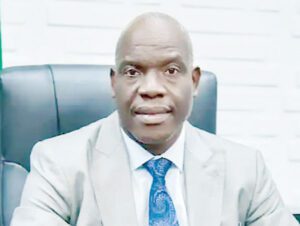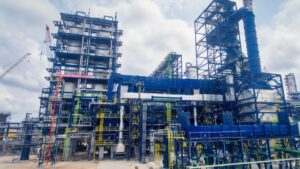
Nigeria’s reserves shrink on low oil production, moderated oil prices, capital flight
Based on figures obtained from the Central Bank of Nigeria’s (CBN) data on the movement of external reserves, the country’s external reserves fell by US$2.96bn in H1 2023.
The figures show that external reserves fell to US$34.12bn as of 30 June 2023 from US$37.1bn as of 30 December 2022 and $33.97bn as of 20th July 2023.
Though other sources like foreign remittances and loans, Eurobonds, and foreign assets held in foreign currencies contribute to the nation’s external reserves, the major source of inflow is crude oil sales receipt and gains in crude oil prices imply an increase in the nation’s foreign exchange reserves and for maximum gains, crude oil production numbers need to increase or at best remain consistent.
Oil prices trended up last year, given the impact of the Russia-Ukraine war on the global energy market but the country failed to benefit from the high oil prices due to the drop in production numbers attributed to crude oil theft and the decrepit oil infrastructure.
Again, failure to eliminate subsidies implied subsidy payments grew with rising crude oil prices as the landing cost of refined petroleum also increases with higher crude prices. In 2023 however, crude oil prices started to moderate as the impact of the war began to wane.
Recent efforts by the CBN to boost the country’s external reserves have had little or no impact.
The CBN early last year announced the RT200 FX program to boost non-oil remittance into the reserves coffers. Precisely, the guideline stipulated that exporters will be paid N65.00 for every US$1.00 repatriated and sold at the Investors & Exporters Foreign Exchange (I&E) to Authorised Dealing Banks (ADBs) for other third-party use and N35.00 for every US$1.00 repatriated and sold at the I&E window for own use on eligible transactions only.
The new administration through the acting CBN Governor ended the initiative as it contributed little to increasing the FX reserves.
Moreover, there were allegations of fraudulent practices by the exporters, worsening the FX situation. Another initiative was the CBN Naira 4-dollar scheme introduced in 2021 which entailed paying recipients of diaspora remittances through CBN-licensed IMTOS N5 for every US$1 received as remittance inflow.
Again, this was ineffective as the parallel market premium was in several multiples of the N5 incentive.



